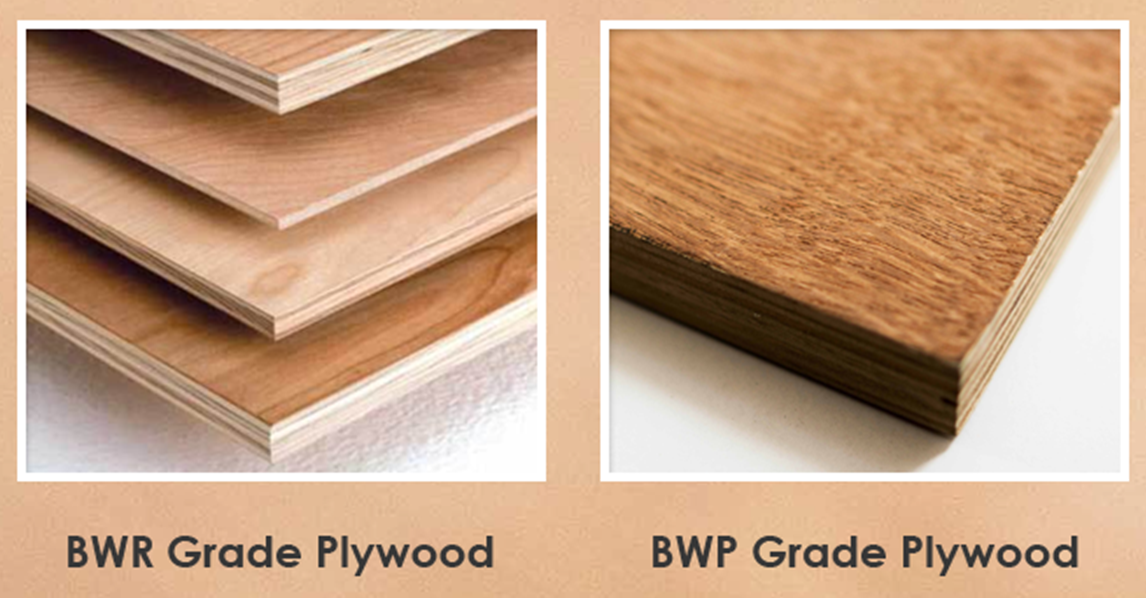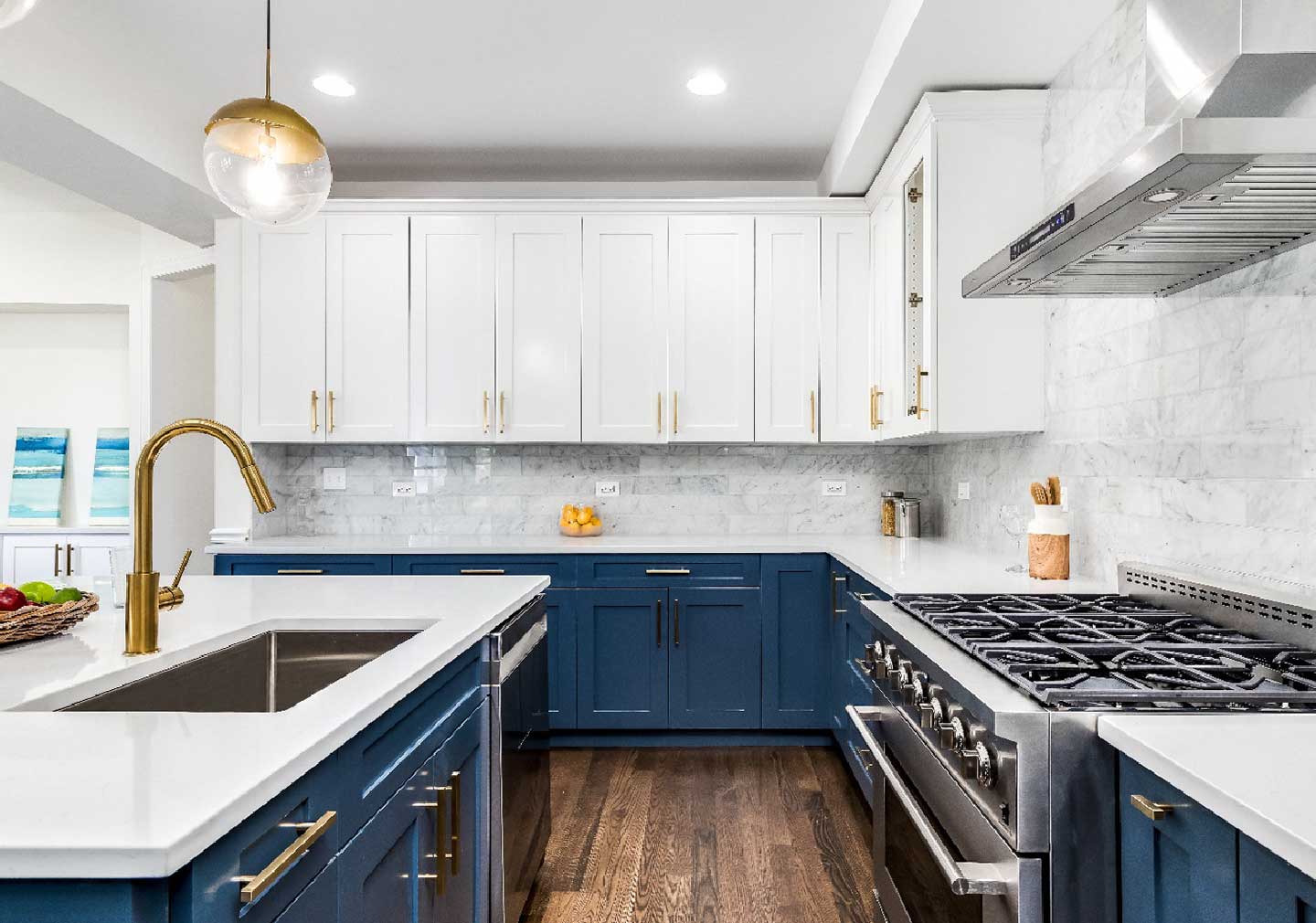When it comes to choosing the right type of plywood for your construction or interior needs, terms like BWR and BWP plywood often come up. These acronyms denote different standards and qualities that can significantly impact the performance and durability of the plywood in various applications. Let’s delve into what BWR plywood and BWP plywood entail and which one might be suitable for your specific requirements.
BWR Plywood: Boiling Water Resistant Plywood
BWR stands for Boiling Water Resistant plywood. This type of plywood is designed to withstand humidity and moisture to a certain extent. BWR plywood is manufactured using phenolic formaldehyde resin, which makes it suitable for interior applications where exposure to moisture is possible but not constant. Common uses of BWR plywood include furniture, cabinets, and interior woodwork where occasional exposure to water or high humidity may occur.
Key features of BWR plywood include:
- Moisture Resistance: Offers moderate resistance to water and moisture.
- Bonding Strength: Good bonding strength due to phenolic resin.
- Usage: Ideal for indoor applications that may encounter occasional moisture.
BWP Plywood: Boiling Water Proof Plywood
BWP stands for Boiling Water Proof plywood, also known as Marine plywood. This type of plywood is manufactured using phenol formaldehyde resin that has superior water resistance properties compared to BWR plywood. BWP plywood is specifically engineered to withstand extended exposure to water and moisture without delaminating or losing structural integrity. It is considered the highest grade of plywood available and is extensively used in marine and exterior applications where durability and moisture resistance are critical.
Key features of BWP plywood include:
- Water Resistance: High resistance to water and moisture.
- Bonding Strength: Exceptional bonding strength suitable for wet environments.
- Usage: Ideal for outdoor applications, marine use, and areas prone to continuous exposure to water.
Choosing Between BWR and BWP Plywood
- Application: Determine the environment and conditions where the plywood will be used. BWP plywood is essential for outdoor and marine applications, whereas BWR plywood is suitable for indoor applications with occasional exposure to moisture.
- Durability: If your project requires long-term durability against water, BWP plywood is the superior choice.
- Cost: BWP plywood is generally more expensive due to its superior quality and performance.
In conclusion, while both BWR and BWP plywood offer varying degrees of moisture resistance, the choice between them depends on your specific needs and budget.


